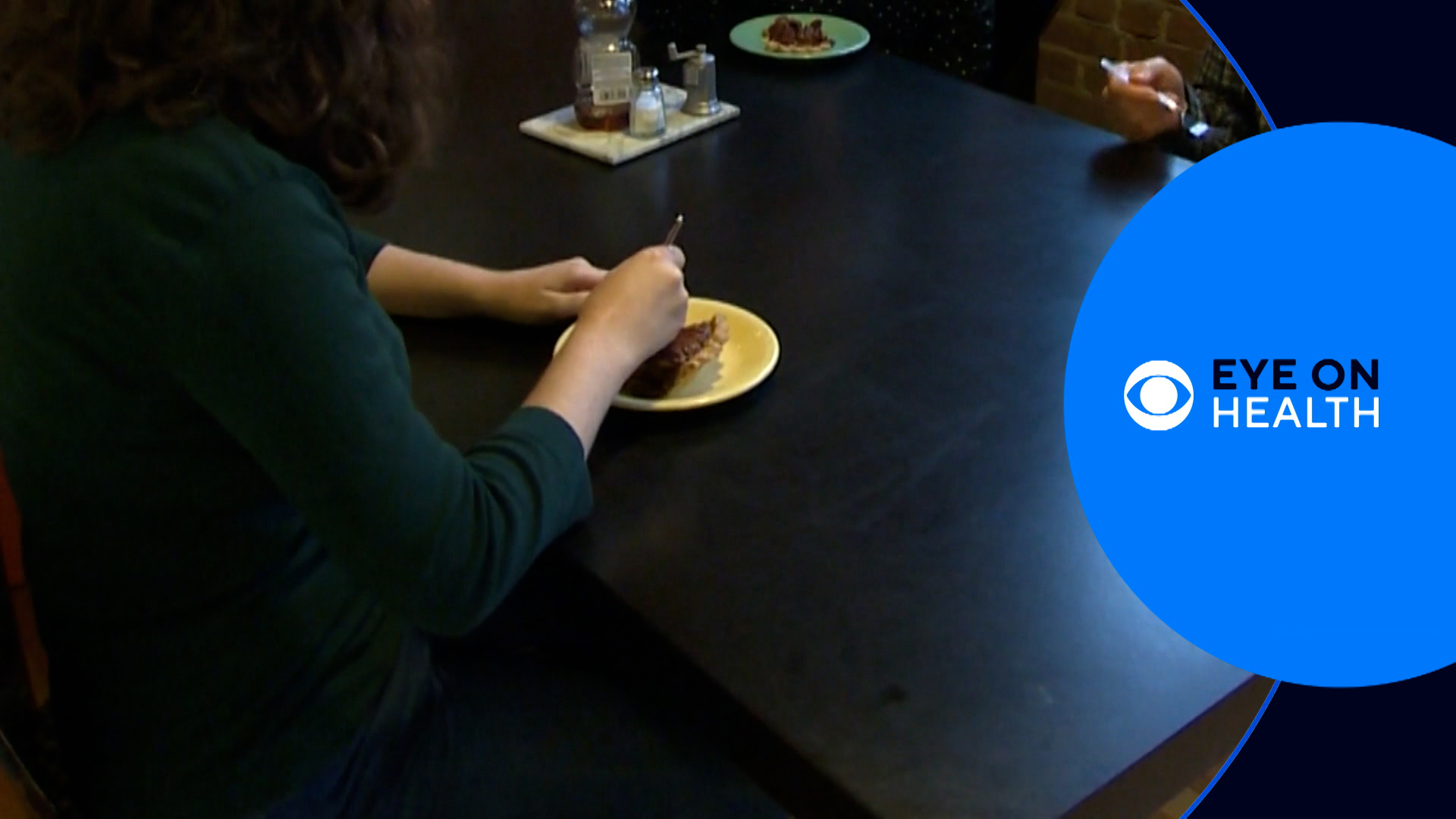BATON ROUGE, La. (AP) — Tens of thousands of Louisiana Medicaid enrollees told they earn too much to stay in the program have a month to prove otherwise if they want to hang onto the taxpayer-financed health insurance.
Louisiana's health department said the 37,000 Medicaid recipients sent letters this month notifying them they are slated to lose the insurance coverage have until March 29 to present "information demonstrating ongoing income eligibility." If they can't prove they meet the Medicaid income requirements, they'll be ejected from the program at March's end.
Medicaid Director Jen Steele told a legislatively created task force reviewing Medicaid eligibility issues that she couldn't estimate how many people ultimately will lose their coverage.
"Anyone who can demonstrate eligibility stays," Steele said Tuesday.
U.S. Sen. John Kennedy said he intends to ask federal Medicaid officials to try to recoup money spent on Louisiana enrollees who shouldn't have received the coverage, though he acknowledged such recovery would be difficult. He lambasted the Department of Health with blistering criticism about its management of the $12 billion-plus Medicaid program, calling it a "dumpster fire" and describing the agency as the "department of dunces."
"This stuff keeps coming out in dribs and drabs. We don't know how much money they're wasting," said Kennedy, a Republican.
A newly used computer check identified the 37,000 people who were deemed ineligible for Medicaid coverage. Democratic Gov. John Bel Edwards' administration has hailed the system upgrade, saying it offers more real-time income verifications and answers Republican and legislative auditor concerns about Medicaid misspending.
The system does quarterly eligibility checks, rather than previously performed annual checks, and will use more wage data for comparison.
"Because of the commitment of this administration, Louisiana now has an eligibility and enrollment system that is more robust than what had been in place for decades," health agency spokesman Robert Johannessen said in a statement.
Nearly all those threatened with removal from the government insurance coverage are non-elderly adults enrolled through the Medicaid expansion that Edwards enacted in 2016 under the federal health law.
The Edwards administration didn't announce the letters were mailed Feb. 11, but confirmed the mass mailing after several days of repeated questioning from The Associated Press.
"Shame on them for trying to hide it from the taxpayers," Kennedy said.
Johannessen said income verification letters of the type sent this month are "a normal part of the Medicaid process." The only difference, he said, is the state is checking wage data more often.
Health department leaders say some people enrolled through Medicaid expansion likely have fluctuating or seasonal changes in employment that could keep them going in and out of the Medicaid program throughout the year, as their wages change.
Steele stressed that point Tuesday to the Medicaid task force and said since this was the first quarterly check of wage data, "we believe it will take us a year to see how the dust settles."
More than 500,000 people have been added to the Medicaid rolls since Edwards, running for a second term on the October ballot, expanded the program.
Under Medicaid expansion, adults ages 19 to 64 with incomes up to 138 percent of the federal poverty level — about $16,750 for a single adult or $28,680 for a family of three — are eligible for the coverage. The federal government pays most of the cost. Louisiana is paying a share that eventually increases to 10 percent, but lawmakers passed financing tools to help cover the state's share, including a tax hike charged on health maintenance organizations.
___
Follow Melinda Deslatte on Twitter at http://twitter.com/melindadeslatte



